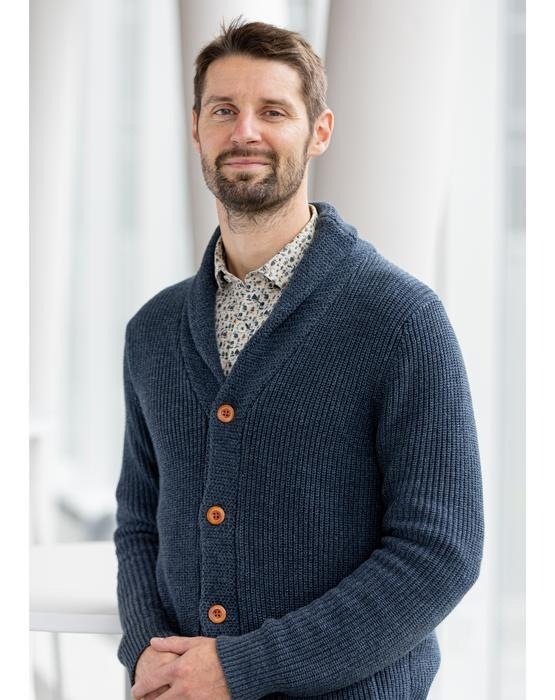Human activities have a tremendous impact on natural waters, aquatic biodiversity, and water quality. According to Professor Mathieu Lapointe of the Department of Construction Engineering at École de technologie supérieure (ÉTS), certain kinds of wastewater not currently treated can be handled globally utilizing more sustainable and economical in situ methods.
 For Professor Mathieu Lapointe at École de technologie supérieure (ÉTS), it is possible to treat certain types of wastewater—not currently treated—globally using more sustainable and affordable in situ methods. Image Credit: ETS.
For Professor Mathieu Lapointe at École de technologie supérieure (ÉTS), it is possible to treat certain types of wastewater—not currently treated—globally using more sustainable and affordable in situ methods. Image Credit: ETS.
According to a study conducted by Professor Lapointe and published in the journal Nature, the rate of discharge into the environment of specific types of untreated water—urban and rural runoff, as well as industrial runoff—varies from country to country.
Lower-income countries discharge more than higher-income countries. Particularly, wastewater treatment rates might range from 4% to 95% depending on the country.
Water treatment plants are not only expensive, but they also use a lot of energy. Furthermore, they do not address the issues of urban waterproofing or the irregular excess rainfall induced by climate change.
Furthermore, agricultural and urban runoff is frequently deemed insufficiently contaminated to justify the expense of employing conventional treatment plants. As a result, runoff continues to go untreated, contaminating aquatic ecosystems.
Professor Lapointe suggests passive, modular, low-cost, decentralized technologies capable of preserving certain contaminants. Bioretention cells, aggregate-decant systems, and seepage areas through functionalized soils are examples of these. He also advocates for a larger dependence on “passive ecosystem services,” such as oxidation, microbes, photodegradation, and inactivation.
To treat waters that are not currently treated for techno-economic reasons, such as stormwater runoff, government authorities, and environmental organizations would do well to promote passive systems, which can be combined or integrated with more conventional processes for collecting and treating wastewater.
Although additional research is needed to analyze the advantages and cost-benefits of this system that blends technology with passive methods, Professor Lapointe is enthusiastic about its potential.
Journal Reference:
Lapointe, M., & Rochman, C. M. (2023). Passive ecosystem services, juxtaposed with engineered processes, can democratize wastewater treatment. Nature Water. doi.org/10.1038/s44221-023-00065-w.